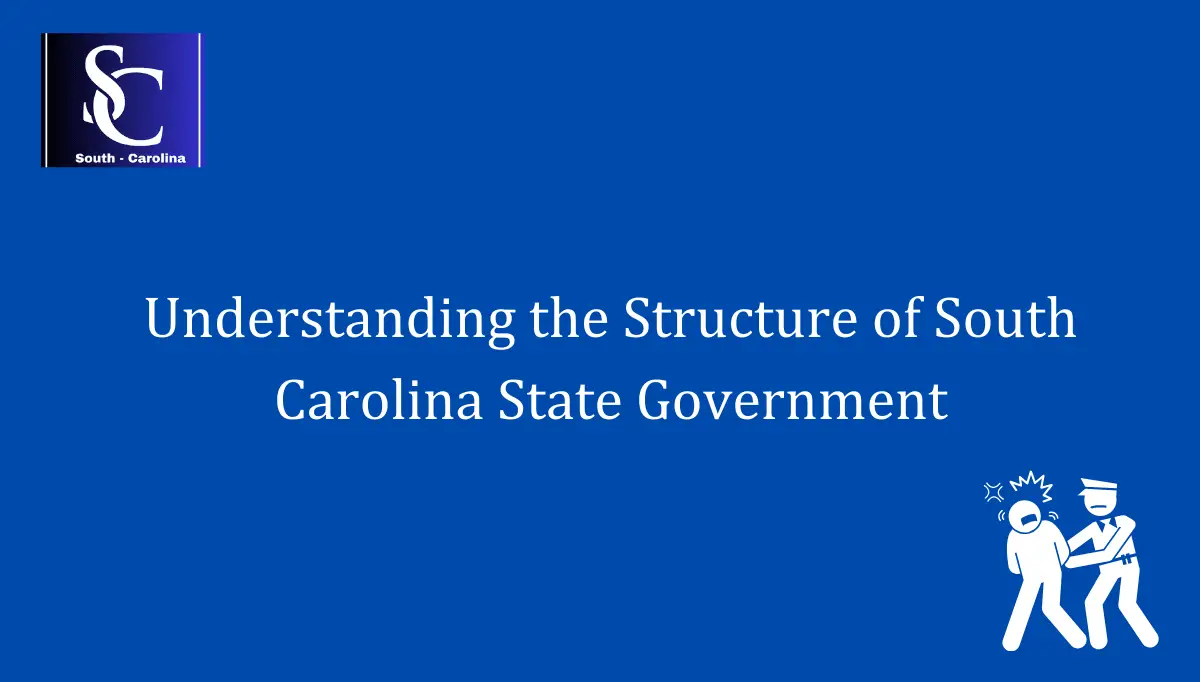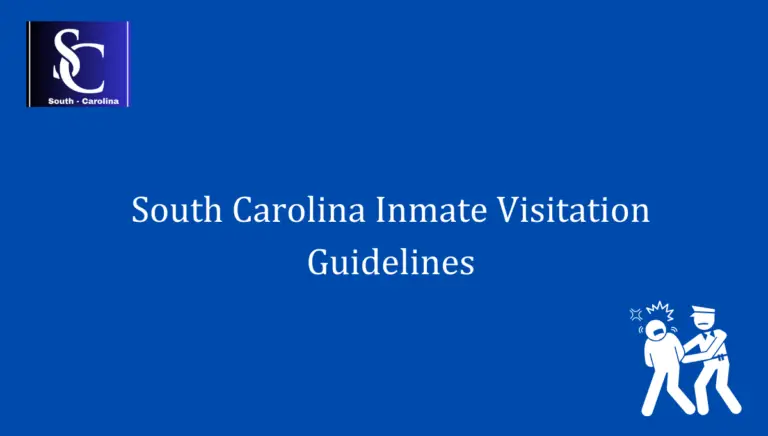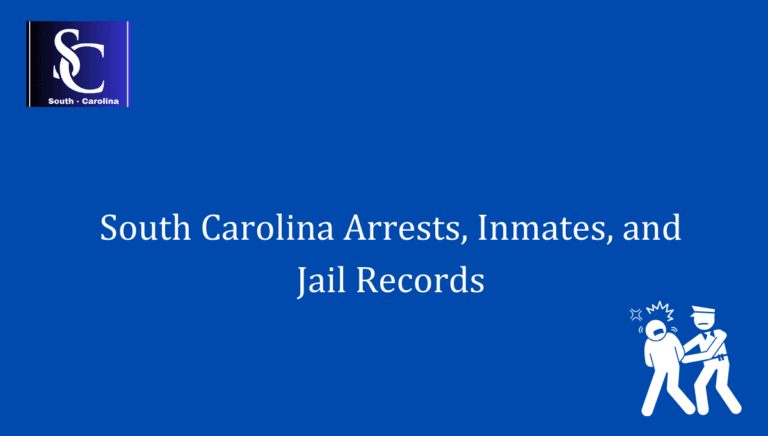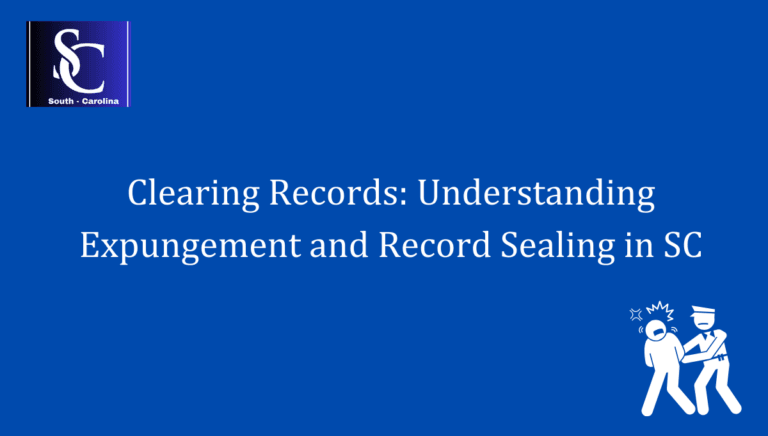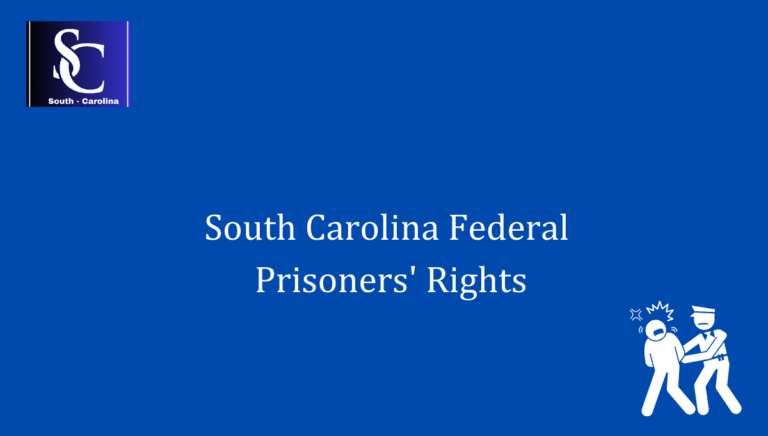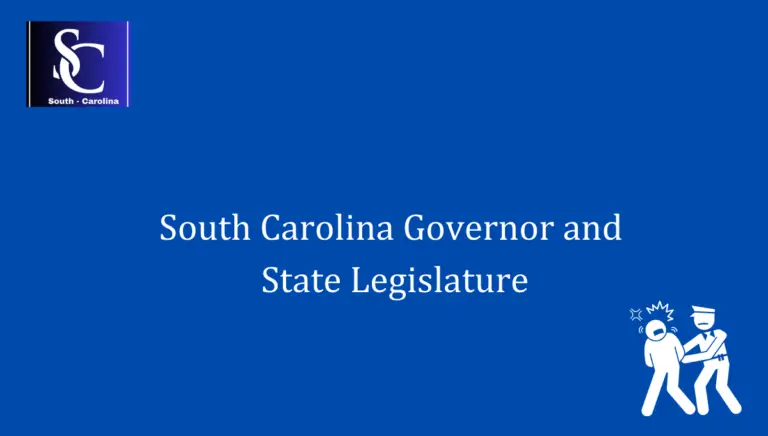Understanding the Structure of South Carolina State Government
South Carolina state government operates under a unique and intricate structure that plays a crucial role in shaping the policies and decisions that affect its residents. With a rich history and diverse population, the state prides itself on its commitment to transparency, efficiency, and accountability.
At the core of South Carolina’s government is a system of checks and balances designed to ensure that power is distributed evenly among its branches. The executive branch, headed by the governor, holds the responsibility of implementing and enforcing laws, while the legislative branch, consisting of the Senate and House of Representatives, is responsible for making those laws. Meanwhile, the judicial branch, led by the Supreme Court, ensures that laws are interpreted and applied fairly.
South Carolina’s Commitment to Transparency
With a rich history and diverse population, South Carolina prides itself on its commitment to transparency, ensuring that the government’s actions and decisions are open and accessible to its residents. This commitment is vital in maintaining trust and accountability within the state’s unique and intricate government structure.
Efficiency in Action
Efficiency is a cornerstone of South Carolina’s government. By streamlining processes and optimizing resources, the state ensures that policies and decisions are made in a timely manner, benefiting its residents and promoting effective governance. With a focus on efficiency, South Carolina is able to meet the needs of its population and adapt to the ever-changing landscape of governance.
Accountability for All
Accountability is a fundamental principle in South Carolina’s government. The state holds its elected officials and public servants responsible for their actions and decisions. Through rigorous oversight and internal controls, South Carolina ensures that power is not abused and that the best interests of its residents are always at the forefront.
Empowering the Executive Branch
The executive branch, led by the governor, plays a pivotal role in implementing and enforcing laws in South Carolina. With a focus on strong leadership and effective decision-making, the executive branch ensures that the state’s policies are carried out efficiently and in accordance with the needs and desires of its residents.
A Legislative Powerhouse
The legislative branch, consisting of the Senate and House of Representatives, is responsible for making laws in South Carolina. With a commitment to collaboration and representation, the legislative branch ensures that the diverse voices of the state’s residents are heard and that policies are enacted to meet their unique needs.
Ensuring Fairness through the Judicial Branch
The judicial branch, led by the Supreme Court, is South Carolina’s ultimate interpreter of laws. With a focus on justice and fairness, the judicial branch ensures that laws are applied and interpreted in a consistent and unbiased manner. By upholding the principles of due process and equality, the judicial branch ensures that South Carolina’s residents are treated fairly under the law.
A Comprehensive Government Structure
South Carolina’s government operates under a comprehensive structure that embodies the principles of transparency, efficiency, and accountability. By seamlessly integrating the executive, legislative, and judicial branches, the state ensures that power is distributed evenly and that policies and decisions are made with the best interests of its residents in mind.
FAQs
What is the structure of the South Carolina State Government?
The South Carolina State Government is divided into three branches: the executive branch, the legislative branch, and the judicial branch. Each branch has its own specific roles and responsibilities.
Who is the head of the executive branch?
The head of the executive branch is the Governor of South Carolina. The Governor is responsible for implementing and enforcing state laws, managing the state budget, and overseeing the various state agencies.
How does the legislative branch function?
The legislative branch consists of the South Carolina General Assembly, which is comprised of two chambers: the Senate and the House of Representatives. The General Assembly is responsible for making and passing laws for the state.
What is the role of the judicial branch?
The judicial branch is responsible for interpreting and applying the laws of South Carolina. It consists of various courts, including the Supreme Court, Court of Appeals, Circuit Courts, and Family Courts.
How are government officials in South Carolina elected?
Government officials in South Carolina are elected through a democratic process. The Governor, members of the General Assembly, and judges are all elected by the citizens of the state through general elections or appointments.
How can I get involved in the South Carolina State Government?
There are several ways to get involved in the South Carolina State Government. You can participate in the democratic process by voting in elections, contacting your elected officials, attending public meetings, or even running for office yourself.

